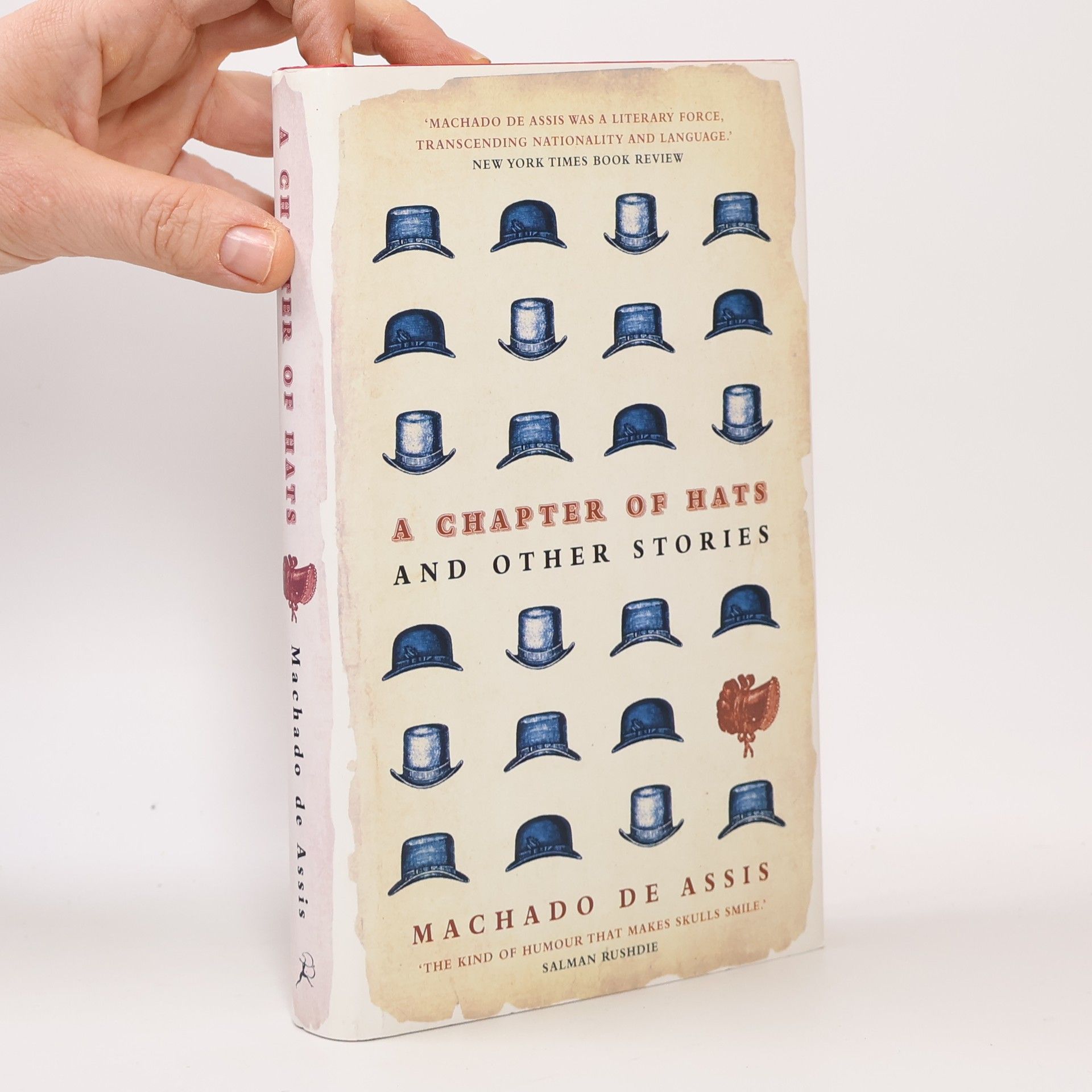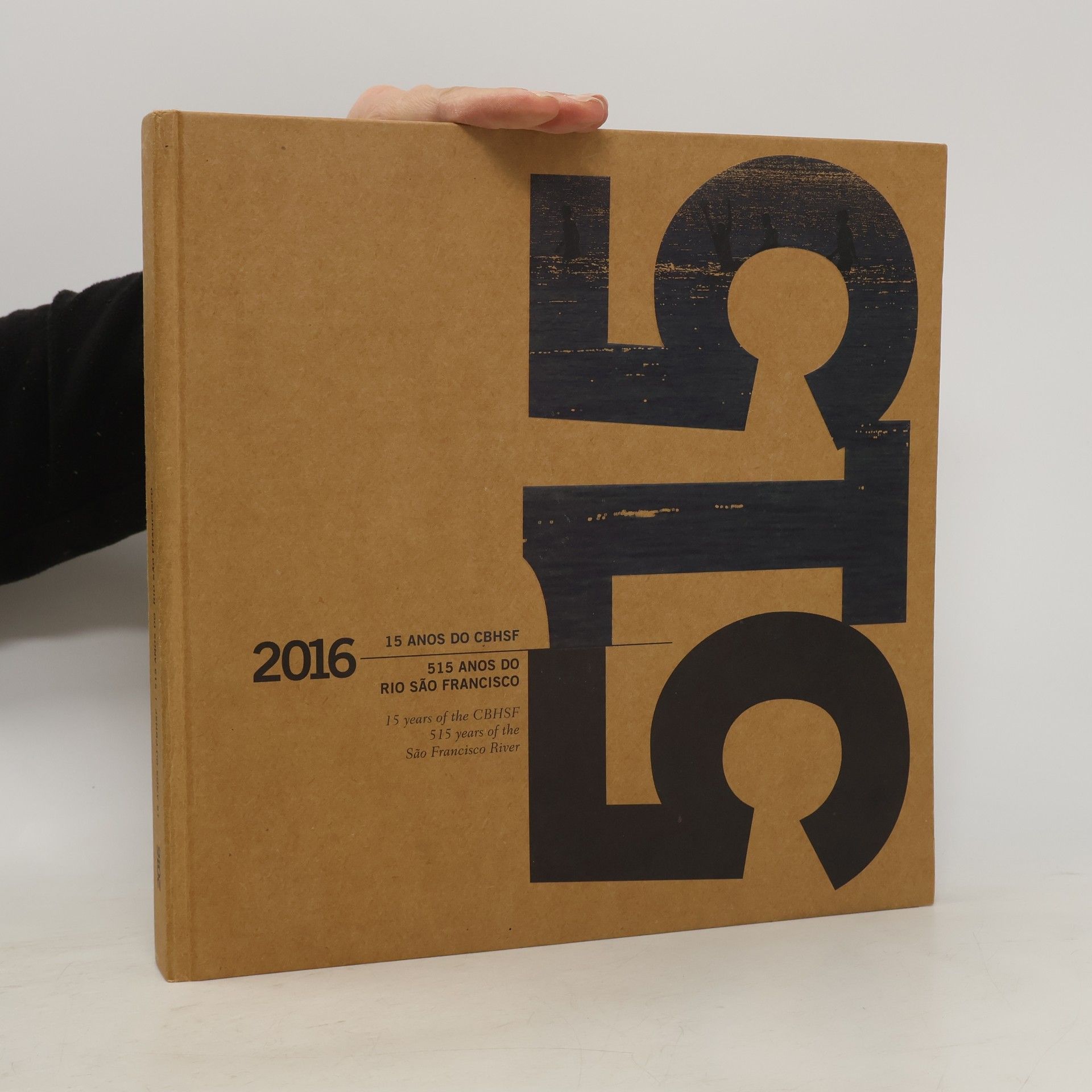Machado de Assis Libri
Machado de Assis è considerato lo scrittore più importante della letteratura brasiliana. Le sue opere hanno influenzato profondamente le scuole letterarie brasiliane tra la fine del XIX e il XX secolo. La sua produzione letteraria si distingue per una profonda indagine psicologica e una visione ironica della società. Sebbene non abbia ottenuto grande fama al di fuori del Brasile durante la sua vita, oggi è un autore ammirato.


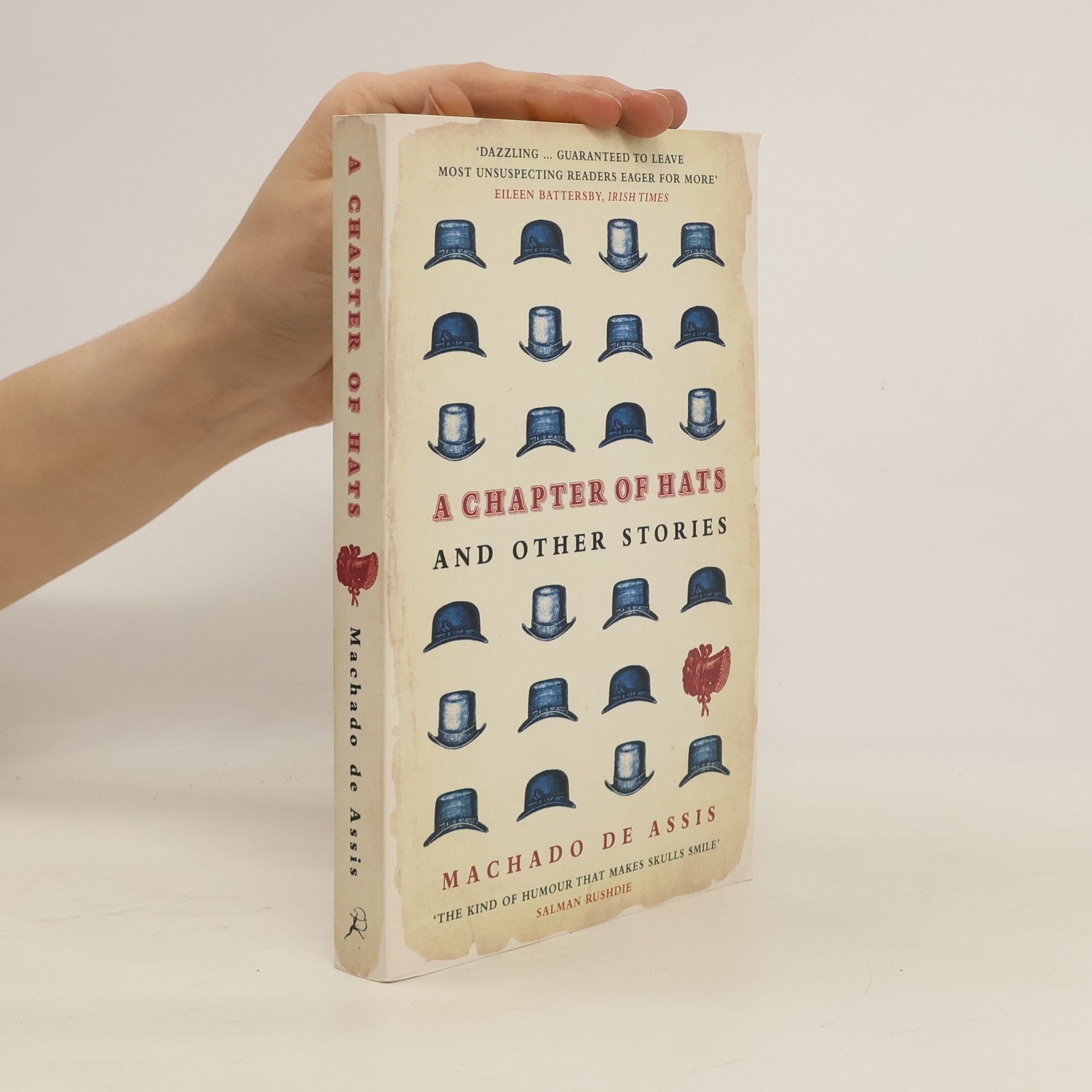


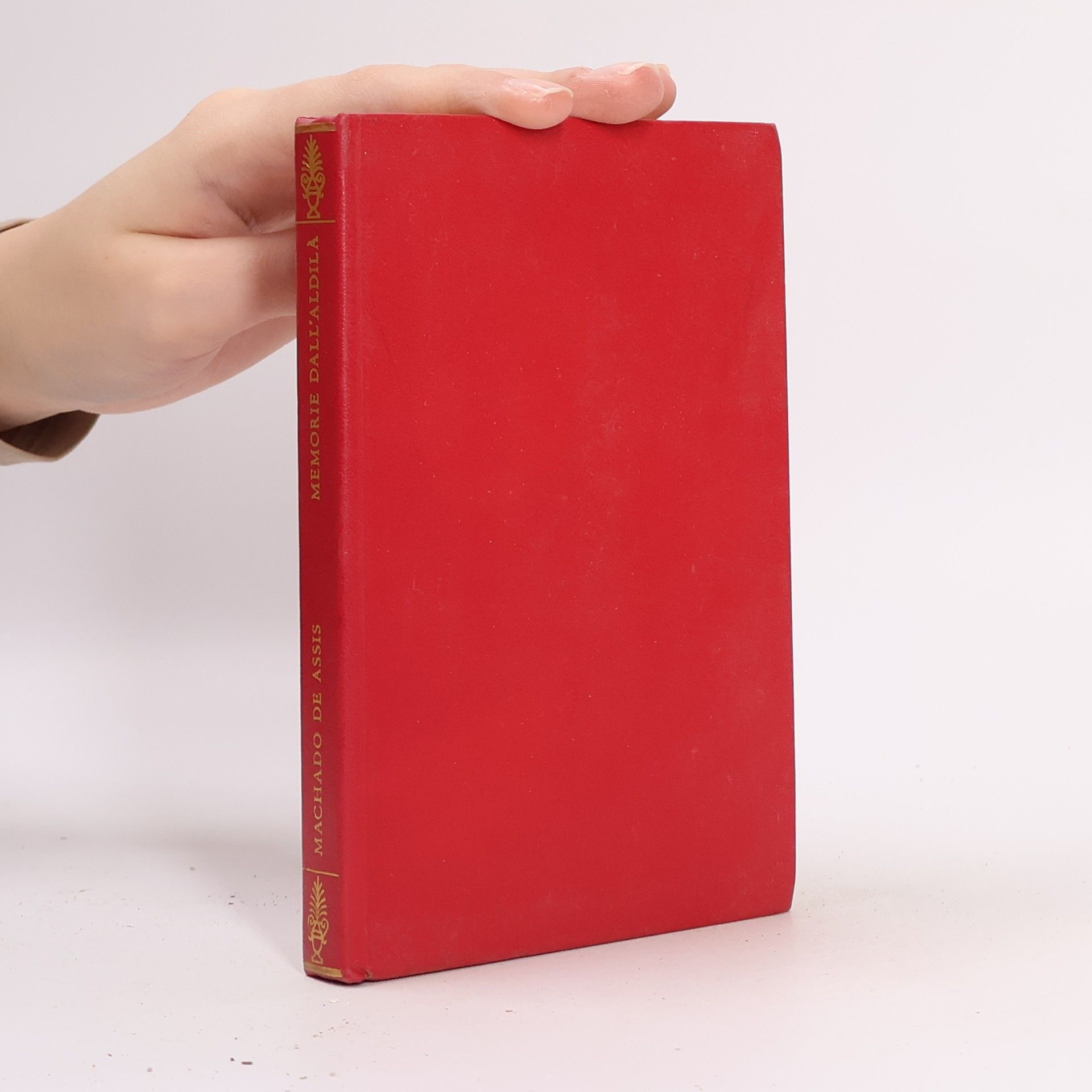
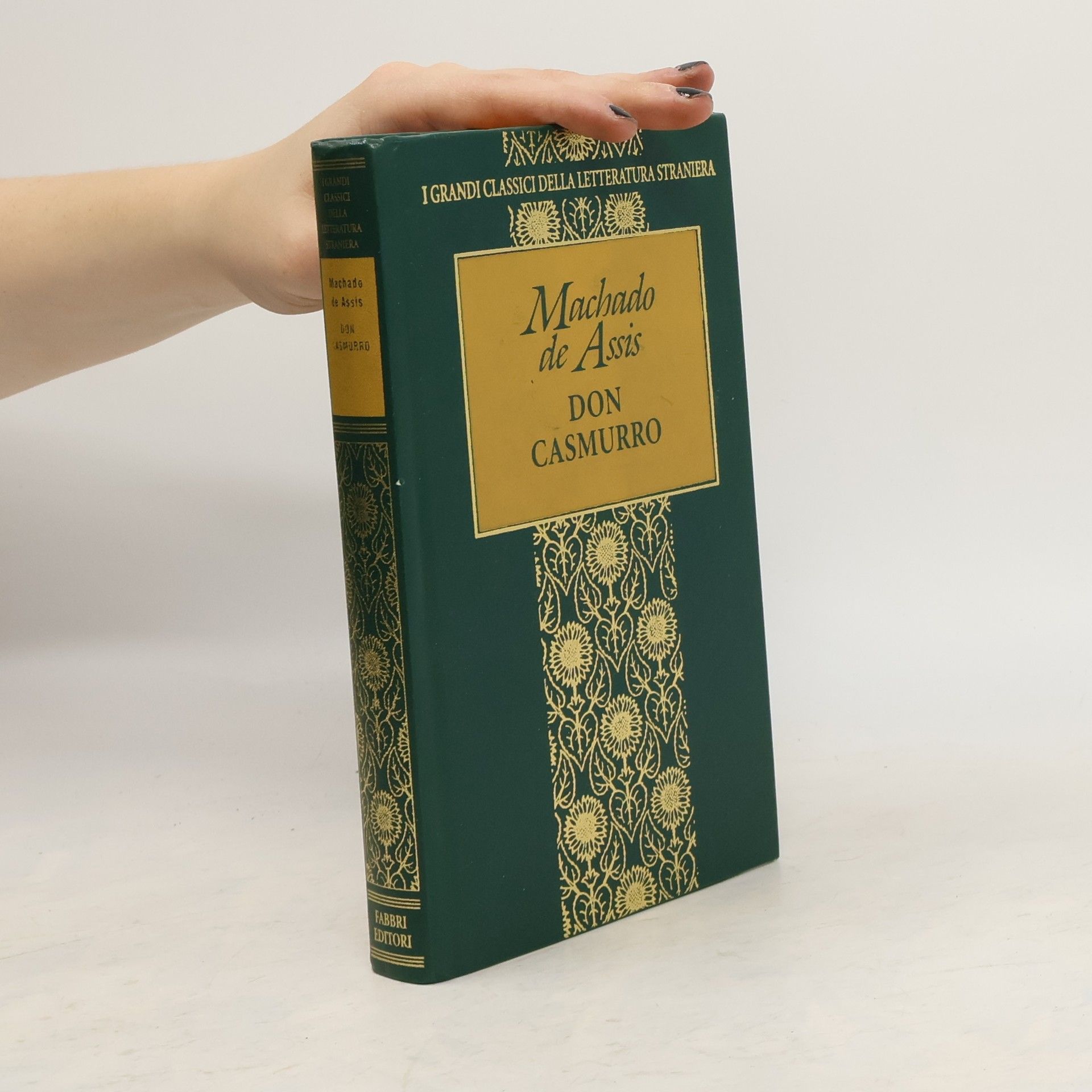
Dom Casmurro
- 224pagine
- 8 ore di lettura
First published in 1899, Dom Casmurro is acknowledged as the finest achievement of the great Brazilian novelist Machado de Assis, and among the most important novels ever written in the Portuguese language.
A vibrant new translation of Machado de Assis's classic novel about a young man flush with newfound wealth, who promptly gets swindled
A Chapter of Hats and Other Stories
- 288pagine
- 11 ore di lettura
Machado de Assis (1839-1908) is the great Brazilian author of Philosopher or Dog? and Epitaph of a Small Winner, whose work is admired by writers as different as Salman Rushdie, Carlos Fuentes, Woody Allen and Susan Sontag. Taken from his mature period, these dazzling stories echo Poe and Gogol, anticipate Joyce, and have been compared to the writing of Chekhov, Maupassant and Henry James, yet his modern sensibility and clear-eyed humour remain utterly unique.
'If Borges is the writer who made Garcia Marquez possible then it is no exaggeration to say that Machado De Assis is the writer who made Borges possible' - Salman Rushdie
A Chapter of Hats and Other Stories - Translated by John Gledson
- 288pagine
- 11 ore di lettura
Two gentlemen standing outside a church in Rio de Janeiro see a respectable lady emerge - one of them has an unexpected, and to him inexplicable story to tell about her past life as a prostitute; a popular composer of polkas burns the midnight oil in a desperate attempt to create great classical music; a teenager finds himself caught up by the sight of the bare arms of an older woman who lives with his employer; an impoverished, lazy young man turns to the lucrative trade of catching runaway slaves; dull, monotonous Mariana has a tiff with her husband about the hat he wears to town, and decides to sing "the Marseillaise of matrimony" by going off on a trip to town herself with her more daring, flirtatious friend Sophia.These are some of the situations developed in these stories, some of the most brilliant to have been written in the nineteenth century. They echo Poe and Gogol, they anticipate Joyce, they have been compared to contemporary works by Chekhov, Maupassant, and Henry James, yet they are not quite like any of these. Anyone who has read Epitaph of a Small Winner or Dom Casmurro, his most famous novels, will want to savour these stories - those who haven't, will find them a varied and enjoyable introduction to Machado's work.
Epitaph of a Small Winner
- 224pagine
- 8 ore di lettura
“I am a deceased writer not in the sense of one who has written and is now deceased, but in the sense of one who had died and is now writing.” So begins the posthumous memoir of Braz Cubas, a wealthy nineteenth-century Brazilian. Though the grave has given Cubas the distance to examine his rather undistinguished life, it has not dampened his sense of humor. In the tradition of Laurence Stern’s Tristram Shamdy, Epitaph of a Small Winner is one of the wittiest self-portraits in literary history.
Accompanied by a thorough introduction to Brazil's Machado, Machado's Brazil, these vibrant new translations of eight of Machado de Assis's best-known short stories bring nineteenth-century Brazilian society and culture to life for modern readers.
2016 15 Anos do CBHSF. 515 Anos do Rio São Francisco
15 Years of the CBHSF. 515 Years of the São Francisco River
